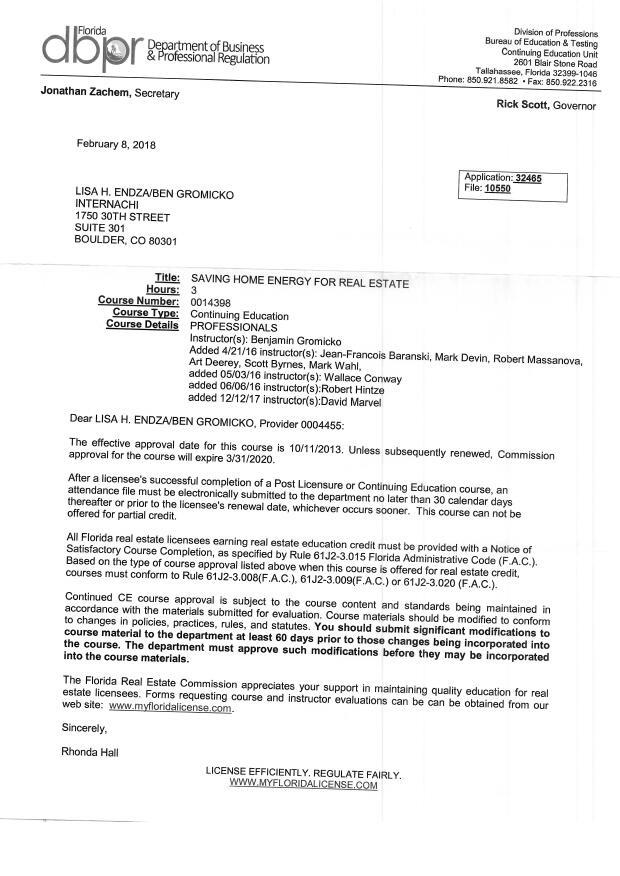
It is important to learn about the company before buying a REIT. You should learn about the company's past and how it compares with other companies. You will then be able determine if it will pay good dividends. Know the risks associated with REITs.
Tip to purchase REITs
It is important to evaluate the company's earnings and quality before you make a decision about investing in REITs. The earnings of the company include the funds it earns from the operation and any cash that is available for dividends. The fees associated with investment should be considered. Diversification is another important aspect to consider. Some REITs may be heavily invested in a specific type of property. This can increase your risk of losing money. You can reduce your risk by investing in multiple REITs and diversifying your portfolio.
One of the best ways to invest in REITs is to set up a brokerage account. This is a quick and easy way to trade and buy publicly traded REITs. These investments can pay large dividends. You can also choose to keep your REIT funds in a tax-favored account. This means that you won't have to pay taxes on any distributions you receive.
Dividends are subject to tax
When buying REITs, investors need to be aware about taxes on dividends. When a REIT sells a real property asset, its dividends could include capital gains. The amount of tax due will depend on whether the investor qualifies for special tax concessions or not. If he or she doesn't qualify for special tax concessions, the dividend will be taxed at the investor's marginal tax rate.

If REITs do not require close ownership, investors can avoid paying taxes. In addition, they need to be careful to avoid REITs that do not have a five-year dividend history. REITs are generally not allowed to be held by more then 50% of individuals. The Tax Cuts and Jobs Act (new tax law) allows pass-through income to be deducted 20%.
Liquidity
Liquidity is an important consideration for REITs. It can help them withstand unexpected changes in the value of the assets. REITs have the ability to increase their value by giving a portion of their earnings back to investors. REITs have used lower interest rates to boost their cash balances and improve liquidity during the recent downturn. REITs are not a safe investment as volatility is a part of the business.
Moreover, REITs offer investors liquidity, as shares can be purchased and sold on the stock market. Investors have access to liquidity that can be used to access cash and change their investment strategies. Additionally, investors might find REITs attractive as real estate has no correlation.
There are potential risks when you invest in REITs
While REITs offer steady income in form of dividends and can be a good investment, they do have risks. The reason is that REITs trade just like stocks and may lose value. REIT stocks can be risky investments. However, they have to compete with other high yield investment options.
Another important risk is the interest rate risk. Rising interest rate risk will affect REIT cash flows by increasing the cost of borrowing. These risks can be mitigated due to the solid balance sheets of REITs. These managers try to maintain a healthy amount of leverage. Investors should be aware of this fact.

When to Buy
Before you invest in REITs it is important that you consider your financial situation as well as your investment goals. It is also important to understand how REITs affect your tax situation. REITs are not the best investment option for those who want to maximize their tax advantage because they generate most of their income through dividend income.
Right now, the uncertainty surrounding the expiration of master leases is a major issue for REITs. This uncertainty drives many investors to sell. Because of this uncertainty, investors have seen their fundamentals suffer. Despite the uncertainty, most investors fail to take into account the fact that short-term issues have little impact on long-term prospects.
FAQ
What should I look for in a mortgage broker?
A mortgage broker is someone who helps people who are not eligible for traditional loans. They shop around for the best deal and compare rates from various lenders. This service is offered by some brokers at a charge. Others provide free services.
What should you think about when investing in real property?
The first thing to do is ensure you have enough money to invest in real estate. If you don't have any money saved up for this purpose, you need to borrow from a bank or other financial institution. It is also important to ensure that you do not get into debt. You may find yourself in defaulting on your loan.
It is also important to know how much money you can afford each month for an investment property. This amount should cover all costs associated with the property, such as mortgage payments and insurance.
You must also ensure that your investment property is secure. It is best to live elsewhere while you look at properties.
Do I require flood insurance?
Flood Insurance protects you from flooding damage. Flood insurance protects your belongings and helps you to pay your mortgage. Learn more information about flood insurance.
Is it possible to get a second mortgage?
Yes, but it's advisable to consult a professional when deciding whether or not to obtain one. A second mortgage is typically used to consolidate existing debts or to fund home improvements.
How do I calculate my interest rates?
Market conditions affect the rate of interest. The average interest rate over the past week was 4.39%. Add the number of years that you plan to finance to get your interest rates. For example, if $200,000 is borrowed over 20 years at 5%/year, the interest rate will be 0.05x20 1%. That's ten basis points.
What is the maximum number of times I can refinance my mortgage?
This is dependent on whether the mortgage broker or another lender you use to refinance. You can typically refinance once every five year in either case.
Should I use an mortgage broker?
A mortgage broker can help you find a rate that is competitive if it is important to you. A broker works with multiple lenders to negotiate your behalf. Some brokers receive a commission from lenders. Before signing up for any broker, it is important to verify the fees.
Statistics
- It's possible to get approved for an FHA loan with a credit score as low as 580 and a down payment of 3.5% or a credit score as low as 500 and a 10% down payment.5 Specialty mortgage loans are loans that don't fit into the conventional or FHA loan categories. (investopedia.com)
- Over the past year, mortgage rates have hovered between 3.9 and 4.5 percent—a less significant increase. (fortunebuilders.com)
- Private mortgage insurance may be required for conventional loans when the borrower puts less than 20% down.4 FHA loans are mortgage loans issued by private lenders and backed by the federal government. (investopedia.com)
- This means that all of your housing-related expenses each month do not exceed 43% of your monthly income. (fortunebuilders.com)
- This seems to be a more popular trend as the U.S. Census Bureau reports the homeownership rate was around 65% last year. (fortunebuilders.com)
External Links
How To
How do you find an apartment?
Finding an apartment is the first step when moving into a new city. This requires planning and research. This includes researching the neighborhood, reviewing reviews, and making phone call. This can be done in many ways, but some are more straightforward than others. Before you rent an apartment, consider these steps.
-
Researching neighborhoods involves gathering data online and offline. Online resources include Yelp and Zillow as well as Trulia and Realtor.com. Online sources include local newspapers and real estate agents as well as landlords and friends.
-
You can read reviews about the neighborhood you'd like to live. Yelp. TripAdvisor. Amazon.com have detailed reviews about houses and apartments. Local newspaper articles can be found in the library.
-
You can make phone calls to obtain more information and speak to residents who have lived there. Ask them what they liked and didn't like about the place. Ask for recommendations of good places to stay.
-
Take into account the rent prices in areas you are interested in. If you think you'll spend most of your money on food, consider renting somewhere cheaper. If you are looking to spend a lot on entertainment, then consider moving to a more expensive area.
-
Find out all you need to know about the apartment complex where you want to live. How big is the apartment complex? What price is it? Is it pet friendly What amenities is it equipped with? Can you park near it or do you need to have parking? Do you have any special rules applicable to tenants?